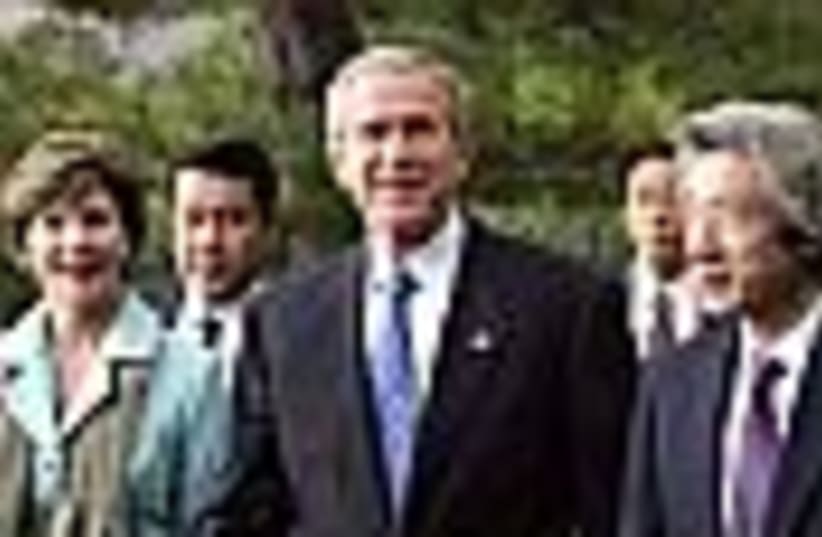| More about: | George W. Bush, Hu Jintao, United States, Harry Reid |
Bush urges China to grant more political freedom
Holds up archrival Taiwan as a society that successfully moved from repression to democracy.


| More about: | George W. Bush, Hu Jintao, United States, Harry Reid |